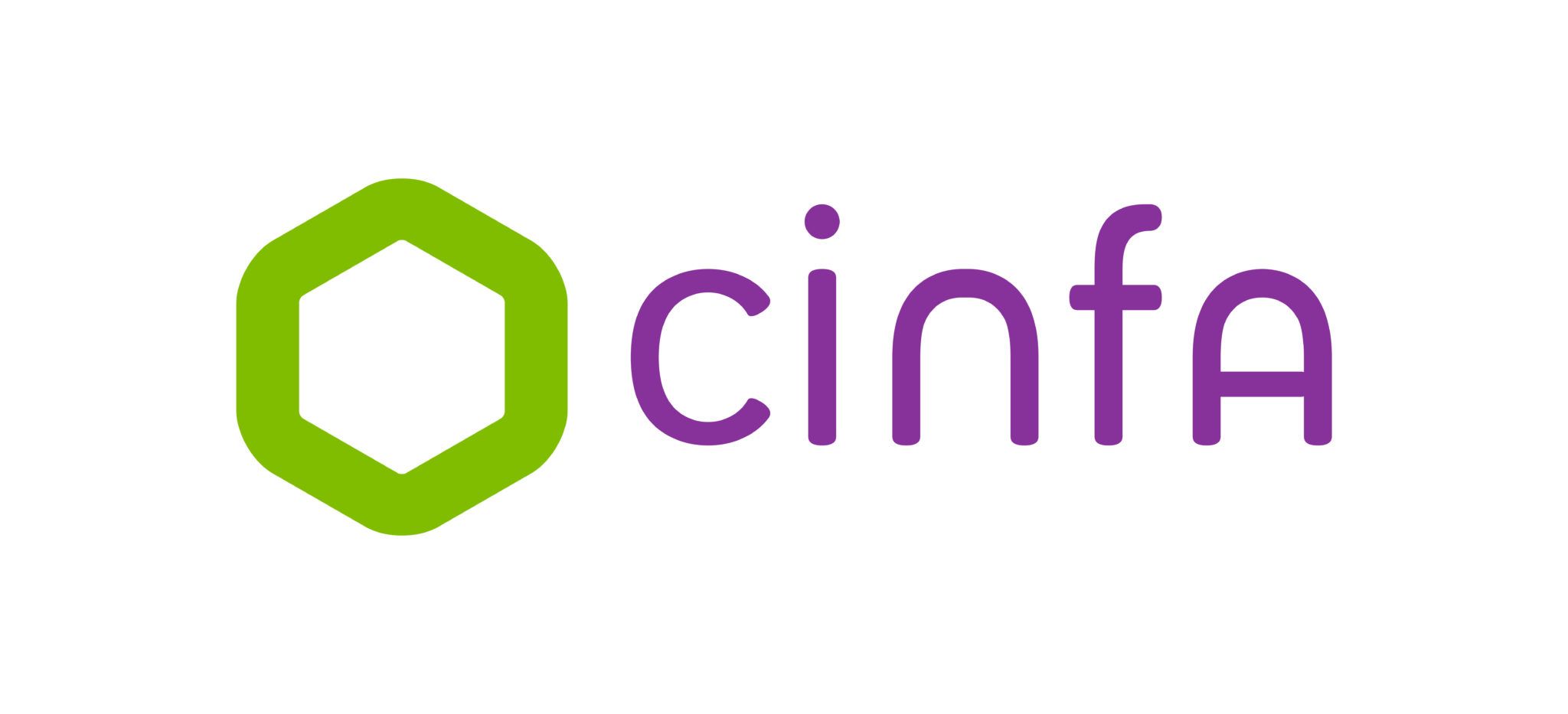A silent condition that can quietly damage lives, hypertension affects more than one billion people worldwide, one in four adults, and fewer than one in five have their condition under control¹. In the Middle East and North Africa (MENA), the situation is particularly pressing. Across the region, nearly 30% of adults are living with high blood pressure, often without knowing it². In the UAE, 28.8% of adults are hypertensive, and other countries report similar numbers: 29–30% in Saudi Arabia, Egypt, and Jordan, 25.3% in Kuwait, and 22.8% in Qatar2,3.
Prevention Starts with the Patient
With a strong commitment to cardiovascular health and other key areas, Cinfa is contributing to improved healthcare through its growing presence in the MENA region. The company offers a wide range of accessible, high-quality cardiovascular medicines, including treatments for hypertension, high cholesterol, and heart failure. Most recently, Cinfa expanded its cardiovascular portfolio with the launch of Olmedine HCT and Vanguard CCB Plus, both currently available in the UAE. Olmedine HCT is used as a treatment for adult patients whose blood pressure is insufficiently controlled. The use of Olmedine HCT is a rational approach to achieve optimal therapeutic benefits by minimising tablet burden, which is especially important in chronic diseases such as hypertension. Vanguard CCB Plus helps control high blood pressure.
According to Dr. Alicia López de Ocáriz, Corporate Medical Director at Cinfa, “preventing and controlling cardiovascular conditions should be a shared priority among patients, professionals and institutions.” She noted that “at Cinfa, our approach goes beyond treatment. We believe in supporting early diagnosis, raising awareness, and helping patients adhere to long-term therapies.”
This includes working with local healthcare providers, supporting medical education, and helping clinicians simplify treatments to improve adherence.
Guidelines for Hypertension Management: Why Is It Important to Control Blood Pressure?
Hypertension is often driven by sedentary lifestyles, obesity, high salt intake, and low awareness3,4. Many people live with the condition undiagnosed, and even among those receiving treatment, control remains a challenge5. According to WHO estimates, only 20% of patients have their blood under control globally and, in the MENA region, this figure drops to just 16%, a gap that claims the need for localised prevention and management strategies6.
In this regard, Cinfa emphasizes the importance of reinforcing prevention efforts. “We know that over 50% of cardiovascular events are linked to modifiable risk factors,” López de Ocáriz pointed out7. “That gives us a real chance to prevent disease, not just treat it”. One first step could be to examine the blood pressure guidelines established by the European Society of Cardiology to better understand the risks associated with hypertension and treat them8. The diagnosis of hypertension and elevated BP requires confirmation using out-of-office measurements (HBPM or ABPM) or at least one additional subsequent office measurement.
| Blood Pressure Classification | |||
| Non-elevated blood pressure | Elevated blood pressure | Hypertension | |
| Office BP | SBP <120 mmHg and DBP <70 mmHg | SBP 120–139 mmHg or DBP 70–89 mmHg | SBP ≥140 mmHg or DBP ≥90 mmHg |
| HBPM | SBP <120 mmHg and DBP <80 mmHg | SBP 120–134 mmHg and DBP 80–84 mmHg | SBP ≥135 mmHg and DBP ≥85 mmHg |
| ABPM | Daytime SBP <120 mmHg and DBP <70 mmHg | Daytime SBP 120–134 mmHg and DBP 70–84 mmHg | Daytime SBP ≥135 mmHg and DBP ≥85 mmHg |
| Recommendations for pharmacological treatment | Insufficient evidence confirming the efficacy and safety of BP pharmacological treatment | Risk stratifies to identify individuals with high cardiovascular risk for BP pharmacological treatment | Cardiovascular risk is sufficiently high to merit BP pharmacological treatment initiation |
BP = blood pressure; SBP = systolic blood pressure; DBP = diastolic blood pressure; HBPM = home blood pressure monitoring; ABPM = ambulatory blood pressure monitoring.
Working Hand in Hand with Healthcare Professionals to Transform Heart Health in the Region
To support the challenges in cardiovascular care, Cinfa collaborates with medical societies, hospitals and healthcare professionals across MENA. The company also takes part in key scientific events such as the Annual Conference of the Saudi Heart Association, supporting local dialogue and strategies for heart health. “Our presence in the region goes far beyond the supply of medicines”, says Franc Vives, Chief International Officer at Cinfa Group. “We are committed to working alongside healthcare professionals, institutions and communities to reduce barriers and create sustainable access to cardiovascular care”
ABOUT CINFA
Cinfa is the leading laboratory in units and values in the Spanish pharmaceutical market. With 56 years of experience, the group boasts a team of over 2,300 professionals. Their commitment to health transcends borders, with a presence in over 100 countries. Cinfa provides accessible and high-quality pharmaceutical solutions, merging expertise, innovation, and a strong commitment to global well-being.
REFERENCES:
- World Heart Federation, Hypertension: https://world-heart-federation.org/what-we-do/hypertension/
- Ministry of Health UAE, Hypertension Prevalence: https://mohap.gov.ae/en/w/mohap-to-intensify-efforts-to-reduce-hypertension-prevalence-in-the-uae#:~:text=Therefore%2C%20the%20ministry%20mapped%20out,detection%20via%20periodic%20examination%20services.
- Systematic review and meta-analysis: Prevalence of hypertension among adolescents in the Arab countries. Published in Journal of Pediatric Nursing. Doi: https://doi.org/10.1016/j.pedn.2022.03.002
- Hypertension prevalence, awareness, and control in Arab countries: Systematic. Published in Nursing & Health Sciences. Doi: 10.1111/nhs.12060
- Hypertension Key Facts: https://www.who.int/news-room/fact-sheets/detail/hypertension
- WHO EMR – World Hypertension Day 2024: https://www.emro.who.int/media/news/world-hypertension-day-on-17-may-2024-know-your-blood-pressure-and-control-it.html
- https://www.emjreviews.com/cardiology/news/modifiable-risk-factors-linked-to-50-of-cardiovascular-disease-cases/
- 2024 ESC Guidelines for the management of elevated blood pressure and hypertension: https://www.escardio.org/Guidelines/Clinical-Practice-Guidelines/Elevated-Blood-Pressure-and-Hypertension

